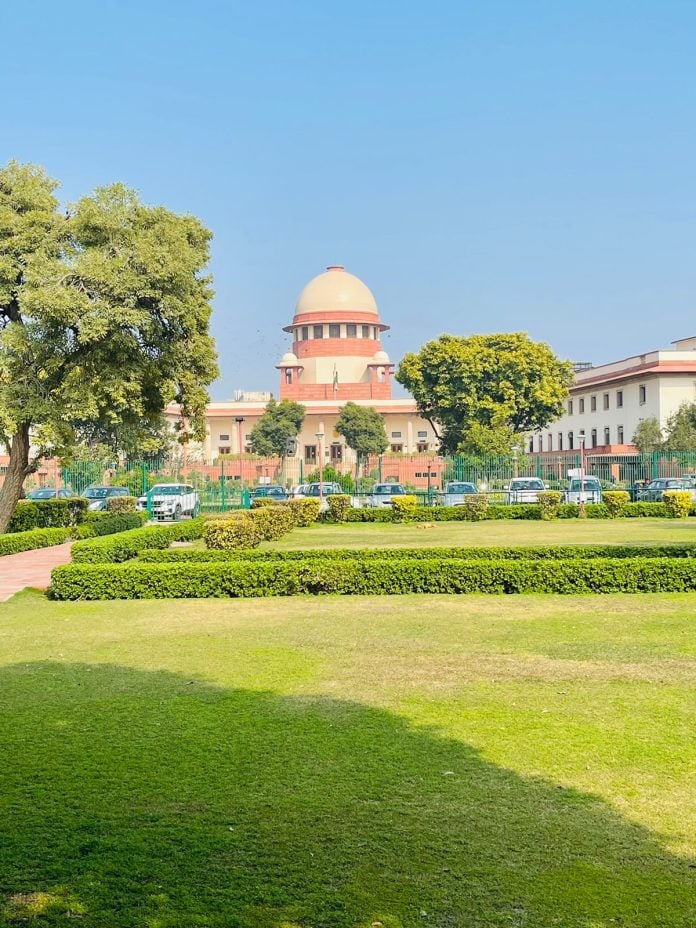The Supreme Court has observed that ending a marriage should not require proving the fault of one of the spouses, as there can be many situations when a marriage may not work because of irreconcilable differences.
The Constitution Bench, headed by Justice Sanjay Kishan Kaul and also comprising Justice Sanjiv Khanna, Justice A.S. Oka, Justice Vikram Nath and Justice J.K. Maheshwari, said that the divorce laws in India were based on the fault theory, while the reality could be that these two people could not be good partners.
Hearing a bunch of petitions pertaining to the Supreme Court’s power to grant divorce on the ground of irretrievable breakdown of relationships, the Court wondered that in divorce, “Why must one person be attributed at fault?”
The bench said that most of the faults that parties allege while seeking divorce arise only out of societal norms and expectations. “What is wrong if a girl does not like to wake up and prepare tea [in such cases]? Somebody will say that she does not wake up in the morning and give my parents tea… is it a fault theory?”
Irretrievable breakdown of marriage is not a ground available under the law for couples to seek separation, but the Supreme Court, through a raft of orders, has been granting decrees of divorce exercising its unique jurisdiction, under Article 142 of the Constitution, to do complete justice between the parties.
A smaller bench called upon the Constitution bench in 2016 to examine whether the Supreme Court should exercise its powers under Article 142 for granting divorce without sending the parties to a family court, where they must wait for a period between 6-18 months to obtain divorce by mutual consent.
In 2016, senior advocates Indira Jaising, V Giri, Dushyant Dave and Meenakshi Arora as Amicus Curiae assisted the Bench.
Yesterday, Jaising argued in favour of the Apex Court for granting divorce on the ground of irretrievable breakdown of marriage, contending that when in a relation, all the essential marital ties have disappeared, the only issue should be the mechanism to separate.
She added that she does not believe in the old age adage that marriage is a sacrament and it’s the public policy of India that we don’t break marriages.
The bench replied that these are two separate things… sacramental is how a marriage is made. “Whether marriage can break or not is not in doubt. The issue is, under the Hindu Marriage Act, divorce is based on the fault theory, but irretrievable breakdown is a ground reality.”
Jaising, on her part, argued that social norms also change with times.


